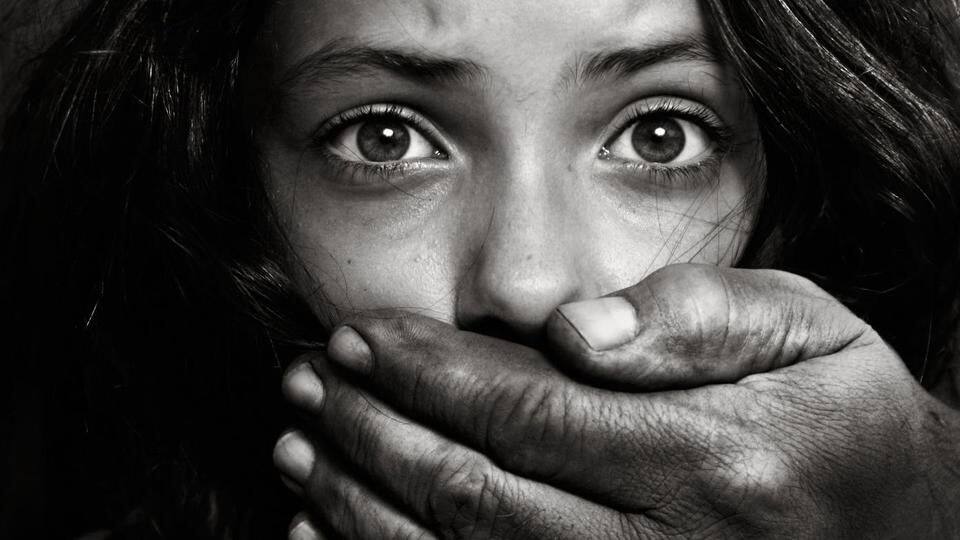
Delhi, UP retain tag of 'most unsafe places' for women
What's the story
Delhi, India's 'rape capital', shows no signs of improvement. According to NCRB, the city witnessed 15,310 crimes against women last year, the highest in urban India. Each day saw six rapes, two sexual harassment cases and 10 incidents of cruelty by relatives. Among states, UP fared the worst with 49,262 crimes. India overall saw an alarming spike in crimes against women and children.
Cities
Delhi retains tag of the 'most unsafe city for women'
The capital accounted for 39% of the crimes in Urban India, retaining its distinction as the most unsafe city for women. It saw the highest number of cases of cruelty by husbands/relatives (3,645), kidnappings (3,601) and acid attacks (18). 465 rape victims were younger than 16 years. Lucknow followed with 159.8 crimes against women for every one lakh people. Jaipur came third with 144.1.
States
UP led the states' list, 400% increase in child rapes
Among states, UP recorded 48,262 crimes in 2016, the highest number. West Bengal and Maharashtra followed with 32,513 and 31,388 cases respectively. Cases of cruelty by husbands or relatives (32.6%) were the most common, followed by assaults to outrage a woman's modesty (25%), kidnappings (19%) and rapes (11.5%). UP saw a shocking 400% increase in child rapes- up from 596 (2015) to 2,115.
India
Crimes against women across India increased marginally
Overall, India saw an increase of 2.9% in crimes against women: from 3,29,000 in 2015 to 3,38,000 in 2016. Crimes by and against children have risen alarmingly: from 10,934 in 2015, the number of child rapes almost doubled to 19,920. Rapes by juveniles also increased from 1,688 (2015) to 1,903. Such crimes have been increasing continuously since the past three years.
Factors
Experts say sensitization of police is key to encourage reporting
While admitting there's still a lot of under-reporting of crimes against women, especially rapes, experts said the overall rise in crimes might have to do with more cases being reported than before. Sensitization of police will go a long way as they tend to blame women in most cases, says Rashmi Singh, former director of National Mission for Empowerment of Women.